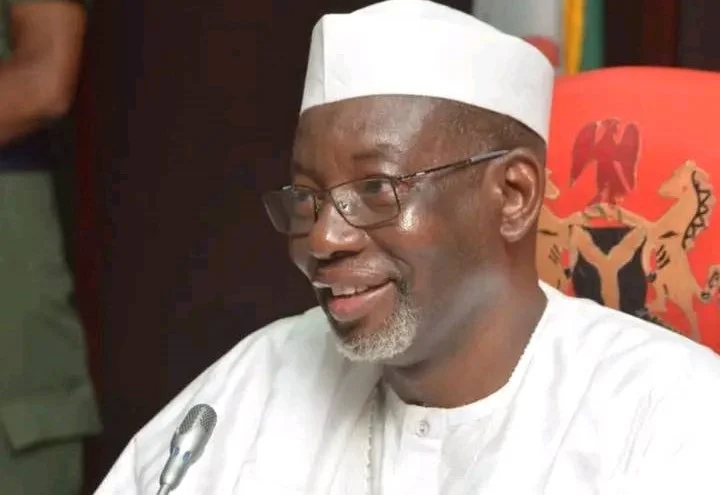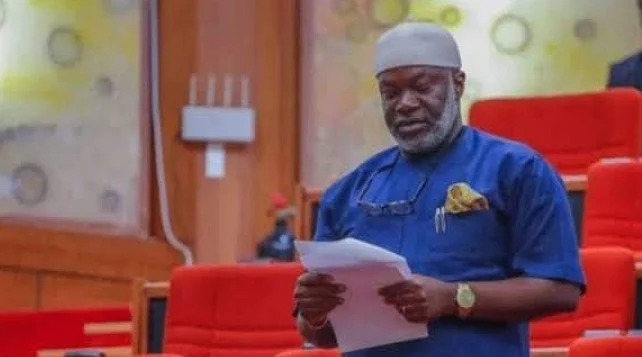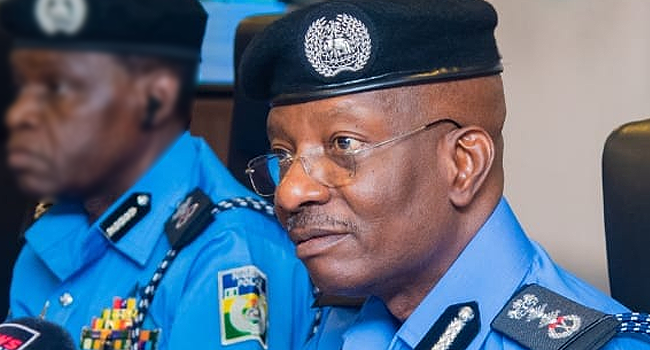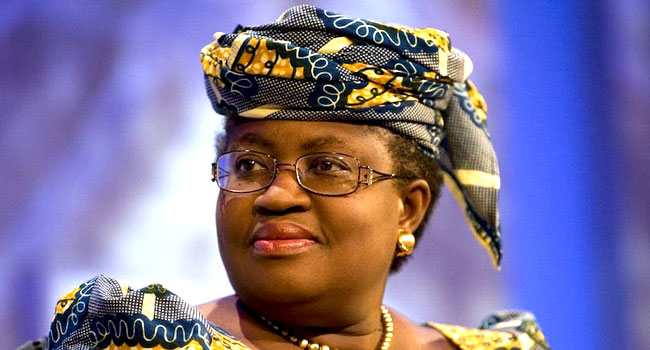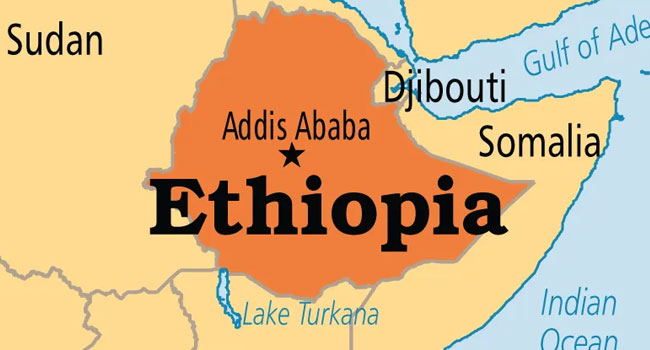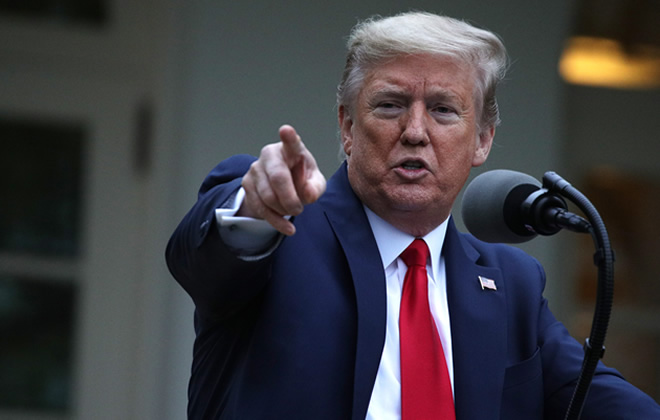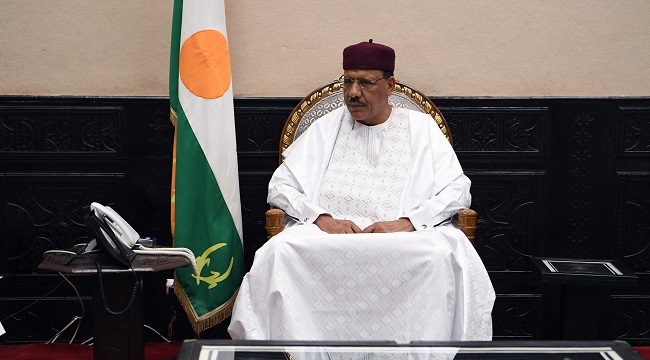One year after a coup in Niger, ousted president Mohamed Bazoum is still being held under strict detention in Niamey by the ruling military — and the prospect of a looming trial worries those close to him. Bazoum was overthrown on July 26, 2023 by General Abdourahamane Tiani, the head of his presidential guard. Elected in 2021, he has never resigned and still claims to be president of the Sahelian country. – What are his detention conditions? – Since the coup, Mohamed Bazoum and his wife, Hadiza, have been held at the presidential palace in Niamey. His last public appearance was on August 19, 2023 when national television footage showed him on the steps of the residence during a visit by a Nigerian mediator. Conditions have since tightened, with the military accusing him in October of attempting to escape — a claim disputed by his lawyers. Bazoum’s phone has been taken and only his doctor can visit him, twice a week. Despite the harsh conditions, Bazoum remains steadfast. “According to him, they are physically fine. Their spirits are very high. The president is committed to continuing his resistance,” his communications advisor, Hamid N’Gade, told AFP. “He is a man of conviction and a staunch republican. Resigning makes no sense to him.” A source close to him praised Bazoum as a symbol of courage and democracy, adding that Bazoum “could have resigned, gone back to his children, but he didn’t do that”. In January, his son Salem Bazoum, who had been detained with his parents, was provisionally released and left the country for Togo. – What are the military accusing him of? – The Court of Justice of regional bloc the Economic Community of West African States (ECOWAS) ordered Bazoum’s release in mid-December, but the ruling has not been honoured. Niger has since withdrawn from ECOWAS, and last month the Court of State — created by the ruling military — lifted Bazoum’s presidential immunity. Bazoum, who has had no contact with his lawyers, faces charges of “conspiracy to attack the security and authority of the state” and “treason.” He is accused of telephoning French President Emmanuel Macron and US Secretary of State Antony Blinken to enlist their support for armed intervention during the coup. “This court has no legitimacy. These people were appointed by a putschist who was never sworn in,” said Mohamed Seydou Diagne, one of Bazoum’s lawyers. – Will he be tried? – The lifting of his immunity opens the door to a trial, although no date has yet been set. And the ensuing sentences could be very severe. “The crime of treason carries the death penalty, death by shooting, which is still in force in Niger even though it has not been carried out for thirty years,” said Moussa Coulibaly, former president of the Niger Bar Association and Bazoum’s lawyer. “And for plotting against the authority of the state, it’s life imprisonment.” A trial could allow Bazoum to speak publicly for the first time since the coup. “This is an exceptional jurisdiction that does not meet any of the fundamental guarantees of the right to a fair trial,” said Diagne. “We do not accept sham trials,” he added. “It will only be a parody of justice, a continuation of what they have started. They are determined to convict him at all costs,” added Oumar Moussa, his deputy chief of staff. – Who are his supporters? – In the first weeks after the coup, many Western leaders called for his immediate release. ECOWAS imposed heavy economic sanctions to pressure the Niamey ruling military and even threatened military intervention to restore Bazoum to power. But the intervention never took place and the sanctions were lifted in February. In recent months there have been few international calls for Bazoum’s release. “He is under unacceptable pressure from the junta, which has taken him hostage. We are worried about the lifting of his immunity and the legal sham that is likely to follow,” said a French diplomatic source contacted by AFP. “We have no comment (on Bazoum’s situation), we do not interfere in the political decisions of our member states,” a spokesman for the International Monetary Fund, whose aid to Niger has resumed, told AFP. Rebel movements in Niger demanding his return to power have recently claimed responsibility for attacks on a major oil pipeline. AFP

